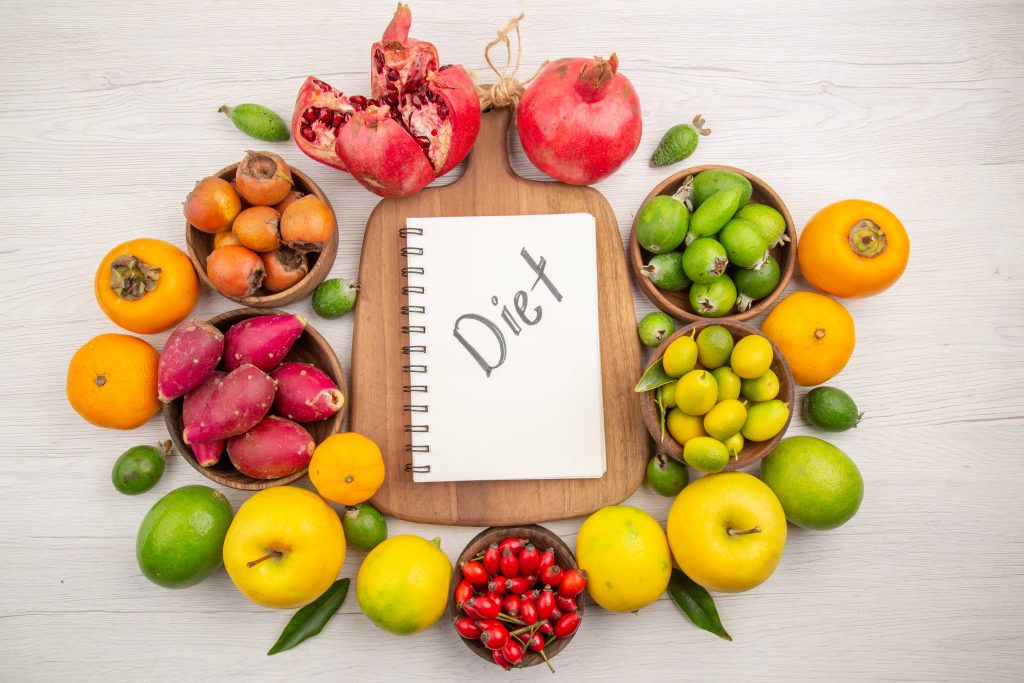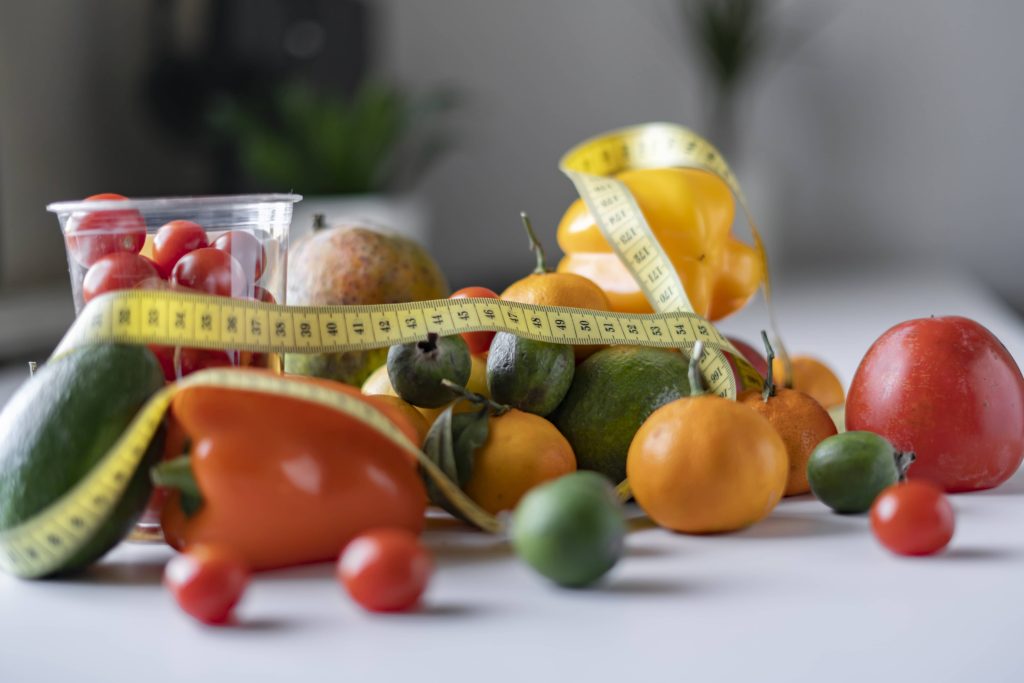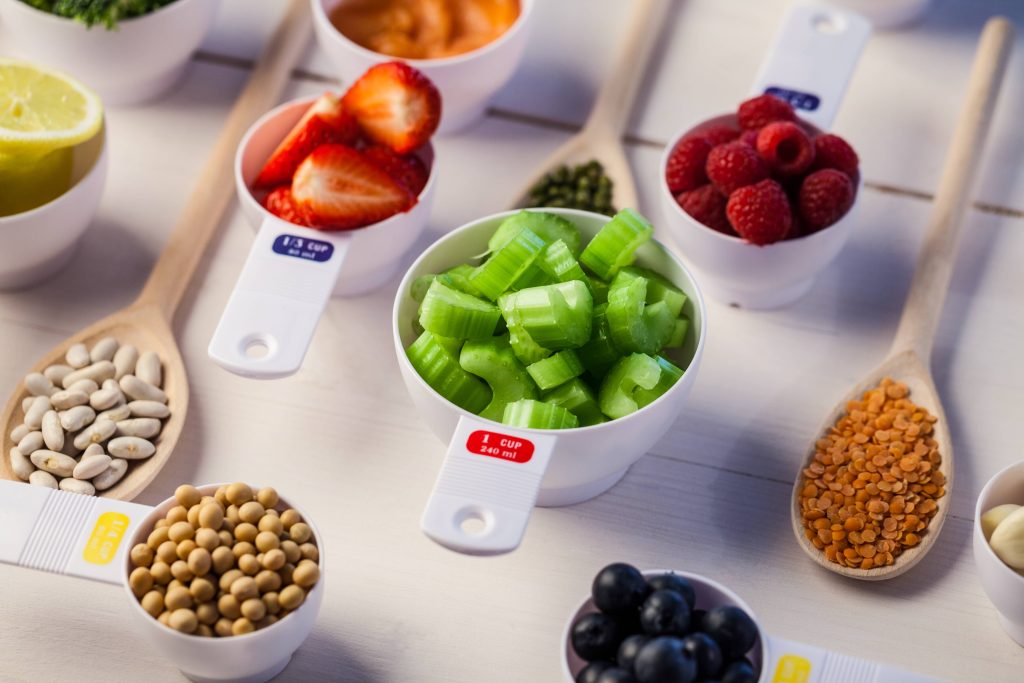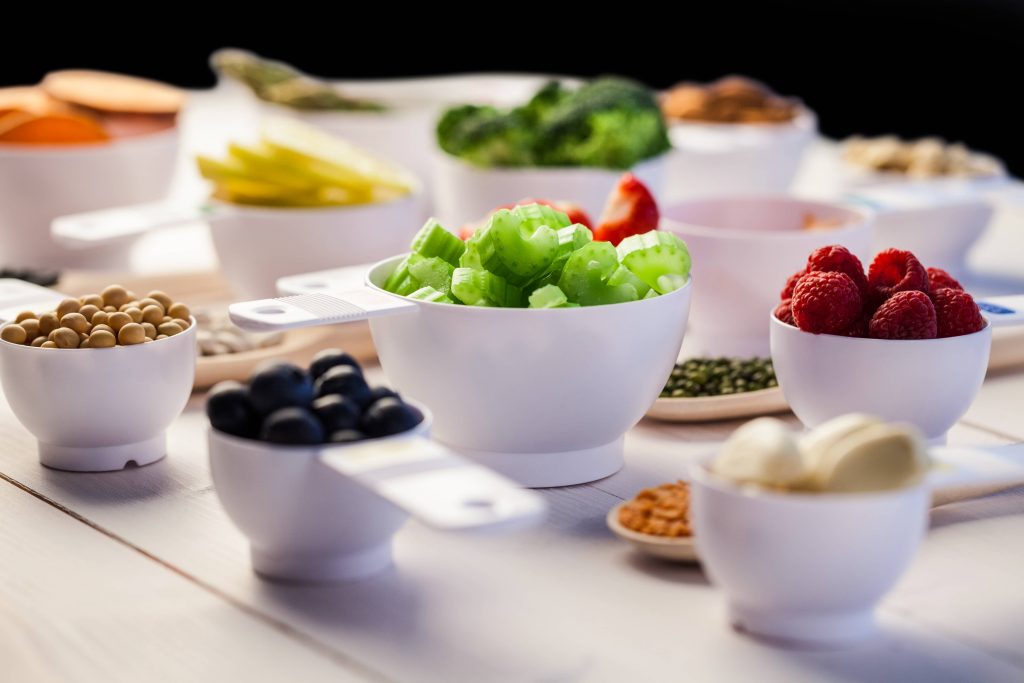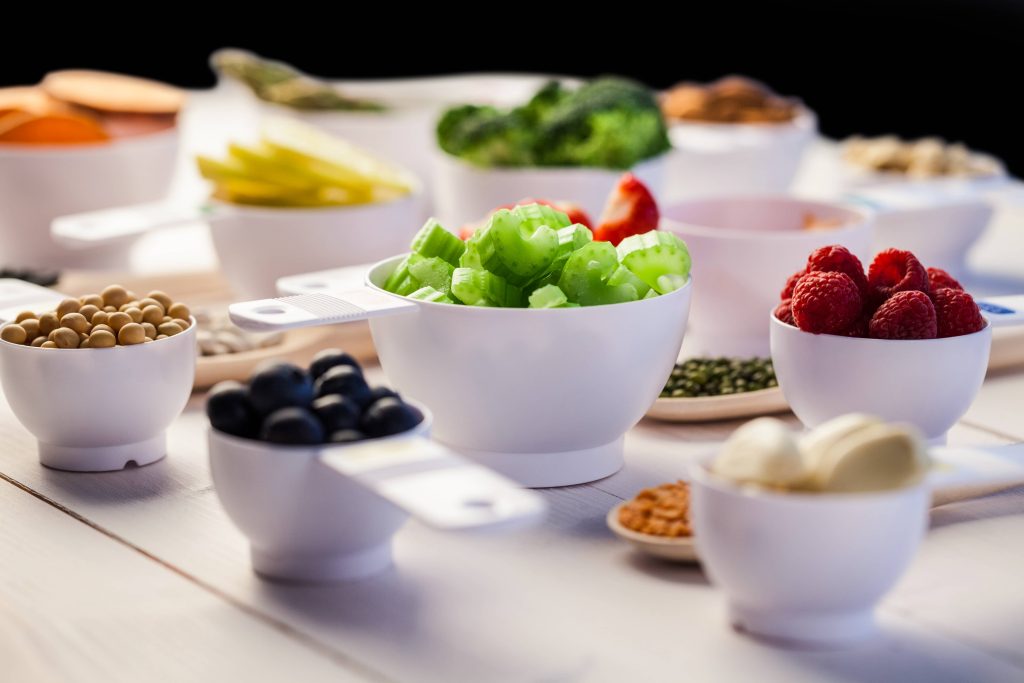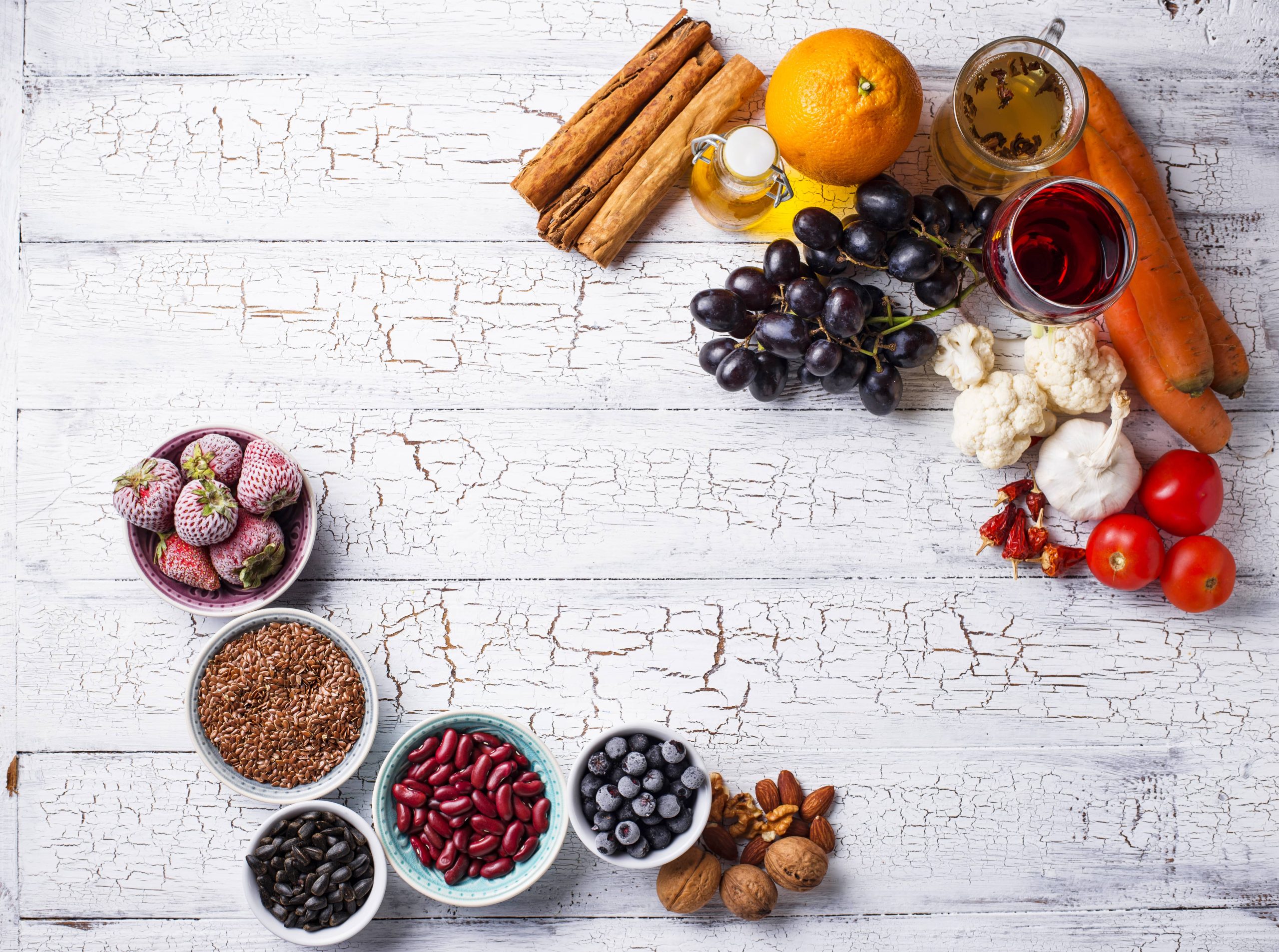
In today’s fast-paced world, added sugars have become a staple in many diets, often hidden in foods we least expect. While natural sugars found in fruits and vegetables are part of a healthy diet, added sugars can contribute to a host of health issues, including obesity, type 2 diabetes, and heart disease. Reducing your intake of added sugars is a crucial step towards better health. Here are five simple strategies to help you cut down on added sugars without sacrificing flavor or enjoyment.
1. Read Labels Carefully
One of the most effective ways to reduce added sugar intake is to become a savvy label reader. Food manufacturers often use various names for sugar, making it challenging to identify. Common aliases include high fructose corn syrup, sucrose, glucose, and maltose. By familiarizing yourself with these terms, you can make more informed choices.
When shopping, opt for products labeled as “no added sugars” or “unsweetened.” Pay attention to the order of ingredients; if sugar or its aliases are listed among the first few ingredients, the product likely contains a significant amount of added sugar. Additionally, check the nutrition facts panel for the amount of added sugars per serving. The American Heart Association recommends no more than 25 grams (6 teaspoons) of added sugar per day for women and 36 grams (9 teaspoons) for men.
2. Choose Natural Sweeteners
Replacing refined sugars with natural sweeteners can be a healthier alternative. Options like honey, maple syrup, and agave nectar are less processed and contain beneficial nutrients. However, it’s important to use these sweeteners in moderation, as they still contribute to your overall sugar intake.
Stevia and monk fruit are other natural sweeteners that have gained popularity. They are calorie-free and do not raise blood sugar levels, making them suitable for people with diabetes or those looking to reduce calorie intake. Experiment with these alternatives in your coffee, tea, or baking to find what works best for you.
3. Opt for Whole Foods
Whole foods, such as fruits, vegetables, whole grains, and lean proteins, are naturally low in added sugars. By focusing your diet on these foods, you can significantly reduce your sugar intake. Fruits and vegetables provide natural sweetness along with essential vitamins, minerals, and fiber, which help regulate blood sugar levels and keep you feeling full longer.
When craving something sweet, reach for a piece of fruit instead of a sugary snack. Berries, apples, and bananas are excellent choices that can satisfy your sweet tooth while providing nutritional benefits. Incorporating more whole foods into your meals can also help you avoid processed foods, which are often high in added sugars.
4. Be Mindful of Beverages
Beverages are a major source of added sugars in many diets. Sodas, energy drinks, and even seemingly healthy options like fruit juices can contain high amounts of sugar. To cut down on sugar intake, choose water, herbal teas, or unsweetened beverages as your primary drinks.
If you enjoy flavored drinks, try infusing water with slices of lemon, lime, cucumber, or berries for a refreshing twist. For coffee and tea lovers, gradually reduce the amount of sugar you add, or switch to using a natural sweetener. Being mindful of what you drink can make a significant difference in your overall sugar consumption.
5. Cook and Bake at Home
Preparing meals and snacks at home allows you to control the ingredients and the amount of sugar used. Many store-bought sauces, dressings, and baked goods contain hidden sugars. By making these items yourself, you can reduce or eliminate added sugars.
Experiment with recipes that use spices and herbs to enhance flavor without relying on sugar. Cinnamon, vanilla, and nutmeg are excellent options for adding sweetness and depth to dishes. When baking, try reducing the sugar in recipes by a third or half; you might be surprised at how little it affects the taste.
Conclusion
Reducing added sugar intake is a journey that requires awareness and small, consistent changes. By reading labels, choosing natural sweeteners, focusing on whole foods, being mindful of beverages, and cooking at home, you can significantly decrease your sugar consumption. These strategies not only promote better health but also enhance your overall well-being. Remember, the goal is not to eliminate sugar entirely but to enjoy it in moderation as part of a balanced diet. Start implementing these strategies today and take a step towards a healthier, more vibrant life.

